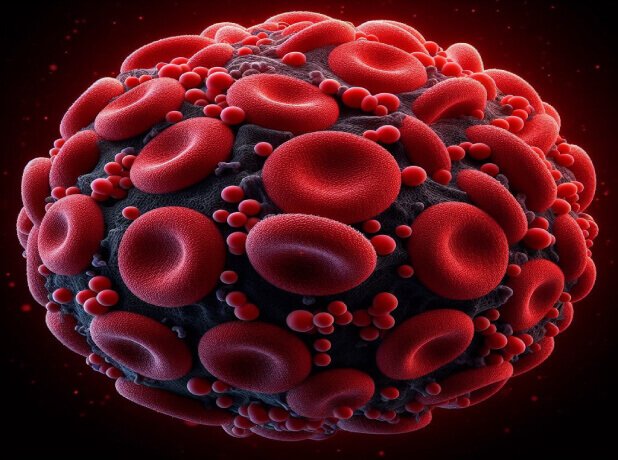
Abstract
To evaluate the impact of hospital-acquired infections ( HAIs ) on the prognosis of neonates treated with extracorporeal membrane oxygenation (ECMO) and analyzing related prognostic indicators, we conducted a systematic review and meta-analysis. Databases such as PubMed, Web of Science, Embase, and the Cochrane Library from the inception of each database to December 31, 2023 were searched to find related studies. Data were analyzed using RevMan 5.3 and Stata 17. Ten retrospective cohort studies were included. The meta-analysis shows that HAIs significantly increased mortality in neonates undergoing ECMO (95% confidence intervals (CI): 1.56–2.05, P < 0.001). These infections also significantly heightened the risk of mechanical complications (95% CI: 1.32–2.33, P = 0.0001), hemorrhagic complications (95% CI: 1.57–2.29, P < 0.00001), neurological complications (95% CI: 1.37–1.57, P < 0.00001), renal complications (95% CI: 1.77–1.96, P < 0.00001), cardiovascular complications (95% CI: 1.33–2.48, P = 0.0002), pulmonary complications (95% CI: 1.60–3.36, P < 0.00001), and metabolic complications (95% CI: 1.56–6.84, P = 0.002). Additionally, HAIs significantly extended the duration of ECMO support (95% CI: 85.49-133.61, P < 0.00001). HAIs substantially increase the relative risk of in-hospital mortality and other ECMO related complications in neonates, significantly prolonging the duration of ECMO support and adversely affecting overall prognosis.
